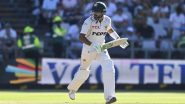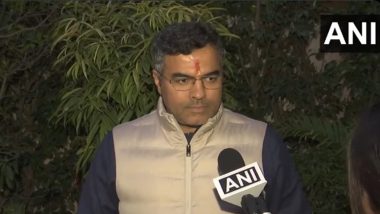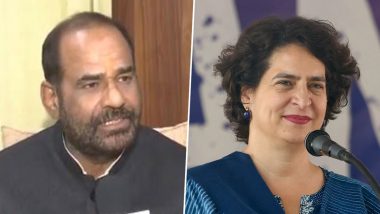New Delhi, July 8: Nobel laureate and eminent economist Amartya Sen once against came out all guns blazing against the central government, led by Prime Minister Narendra Modi, and said that India had taken a "quantum jump in the wrong direction" since the Bharatiya Janata Party (BJP) came to power in 2014. He also said that due to moving backwards, the country is now second worst in the region.
"Things have gone pretty badly wrong. Even previously before this government, we did not do enough on education and health. But it has taken a quantum jump in the wrong direction since 2014," Amartya Sen said on Saturday during a discussion on his new book "Bharat Aur Uske Virodhabhas" (India and its Contradictions), co-authored with economist Jean Dreze.
Pointing out the contradiction in India getting backward while also being the fastest growing economy in the world, the Nobel Laureate said: "Twenty years ago, of the six countries in this region, India was the second best after Sri Lanka. Now it is the second worst." "And because of Pakistan's problems, Pakistan has managed to shield us from being the worst," he said.
He added that while people should take pride in the things that India has, they must be critical of those things of which they have reason to be ashamed. "Despite the easy prominence of backwardness in India... now if you try to draw attention to that, the way to deflect it is to say: now think about the great pride of India," Sen said.
He said despite the enormous inequalities, it was possible to distract attention. "A great writer who I admire, V.S. Naipaul, who wrote such a novel like 'A House for Mr Biswas', could also write that what happened after the 13th century was destruction of Hindu temples and Hindu civilisation, overlooking that this is also when new ideas were coming in.
"If you can distract V.S. Naipaul's attention then you can distract the attention of most intelligent people," the Nobel Laureate said. "The result is that there has been deflection. When there has been this deflection, we have to do something anti-deflection," he added.
Dreze, who co-authored the book, said while India, in the last few years, had got some success in its quest













 Quickly
Quickly






















